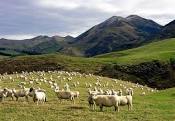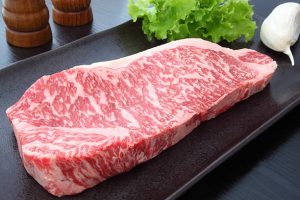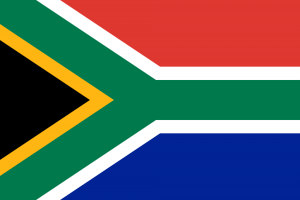Agence France-Presse
 A Dutch businessman under investigation in a Europe-wide probe into a horse-for-beef food scandal on Thursday was given a suspended sentence and fined 50,000 euros for selling horsemeat as Islamic halal-slaughtered beef in France.
A Dutch businessman under investigation in a Europe-wide probe into a horse-for-beef food scandal on Thursday was given a suspended sentence and fined 50,000 euros for selling horsemeat as Islamic halal-slaughtered beef in France.
A district court in Den Bosch on appeal ordered Jan Fasen, 63, to pay the 50,000 euro ($66,000) fine and also slapped him with a six-month sentence suspended for two years.
“The suspect for two years bought horsemeat in Brazil and Mexico after which it was sold on paper as halal-slaughtered beef,” the court said in a statement.
“The meat was sold to French suppliers,” it added but did not give specific names.
Based in the southern Dutch city of Breda, Fasen was originally handed a one-year prison sentence with three months suspended in January 2012, but prosecutors appealed for a longer jail term.
Judges in the appeals case however said Thursday it could not be proved that Fasen profited from the sales of the “halal meat” and that public health was not endangered by his actions.
“The fact that the suspect also admitted what he had done was wrong and that his actions deserved punishment was also taken into consideration,” the court said.
Fasen is the director of the Cyprus-based meat trading company called Draap Trading which several British and Dutch media reports in February fingered as a suspected link between Romanian abattoirs and a French supplier.
A broader criminal investigation against Fasen and his company in this regard “was still under way and could take several more weeks,” a Public Prosecutor spokeswoman Marieke van der Molen told AFP.
“Today’s appeal related only to a period between 2007 and 2009,” added another spokeswoman, Thea Tjeerdema.
Earlier this month the European Commission said thousands of DNA tests on European beef products have revealed extensive food fraud across the European Union, with almost one in 20 meats marketed as beef likely to be tainted with horse.
More than 4,000 tests in recent weeks to detect the potential mislabelling of beef products showed 193 products containing traces of horsemeat DNA, or 4.55 percent.
The Netherlands’ food watchdog earlier this month asked hundreds of European firms supplied by another Dutch wholesaler to check 50,000 tonnes of beef suspected to be contaminated with horse.
Since the scare exploded in Britain and France in early February, governments have scrambled to figure out how the mislabelling occurred which saw thousands of meat products being pulled off shelves across the continent.



